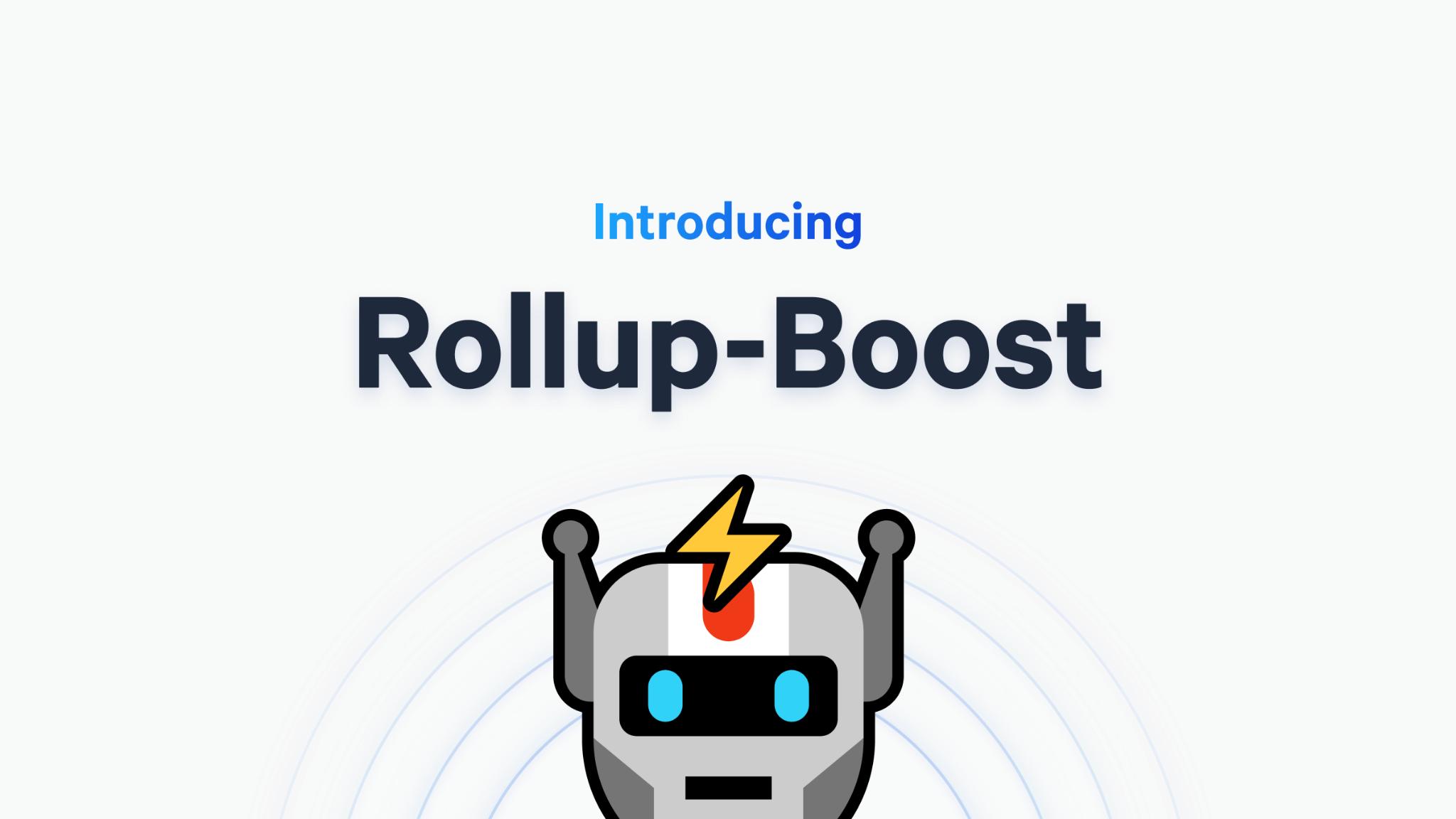
In this blog post we introduce a new approach to block building: parallel block building. Instead of treating all transactions as potentially conflicting - as traditional sequential building algorithms do - parallel block building recognizes that most transactions in a block are actually independent. When a user swaps ETH for USDC, it doesn't affect someone minting an NFT - so why process them sequentially?


